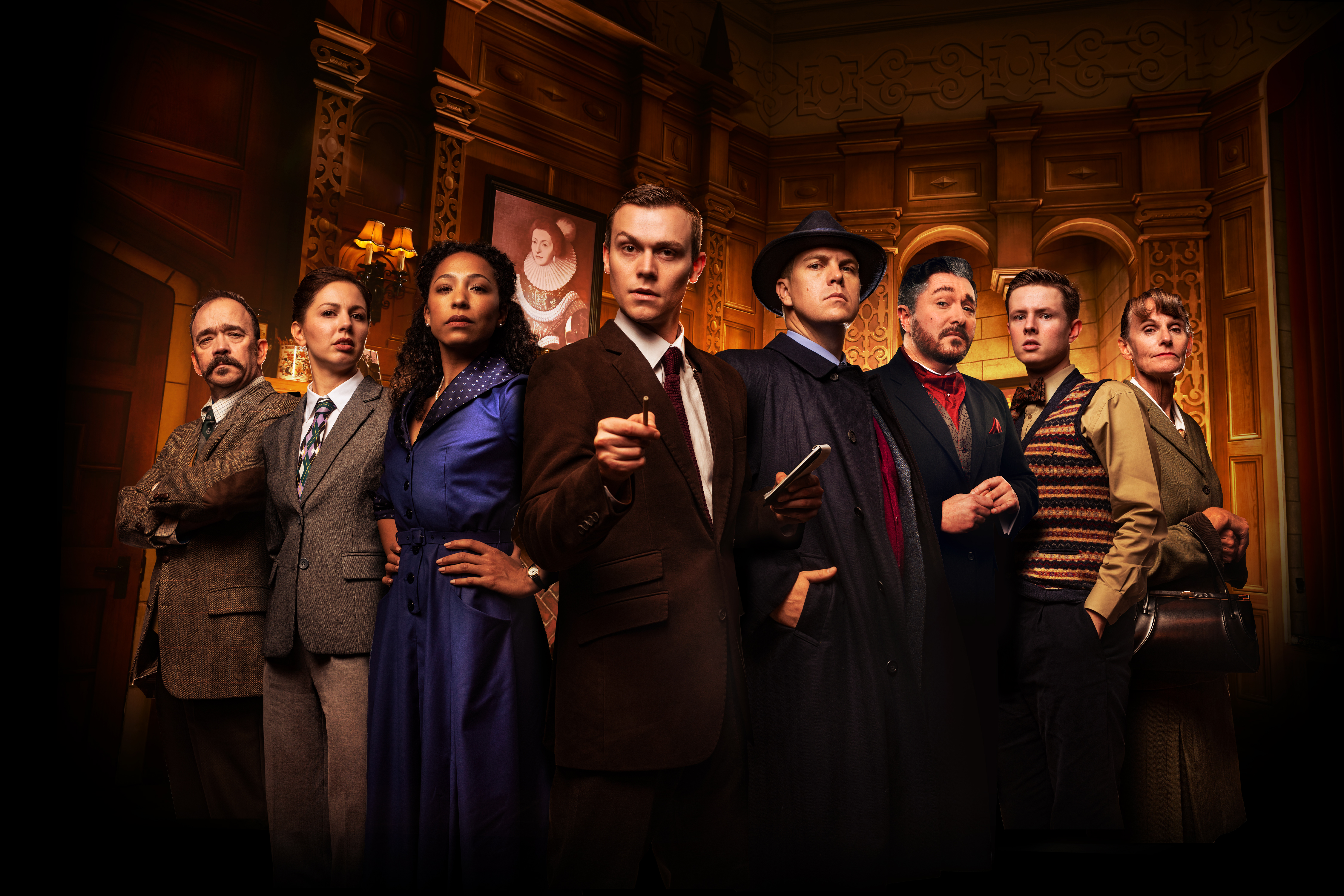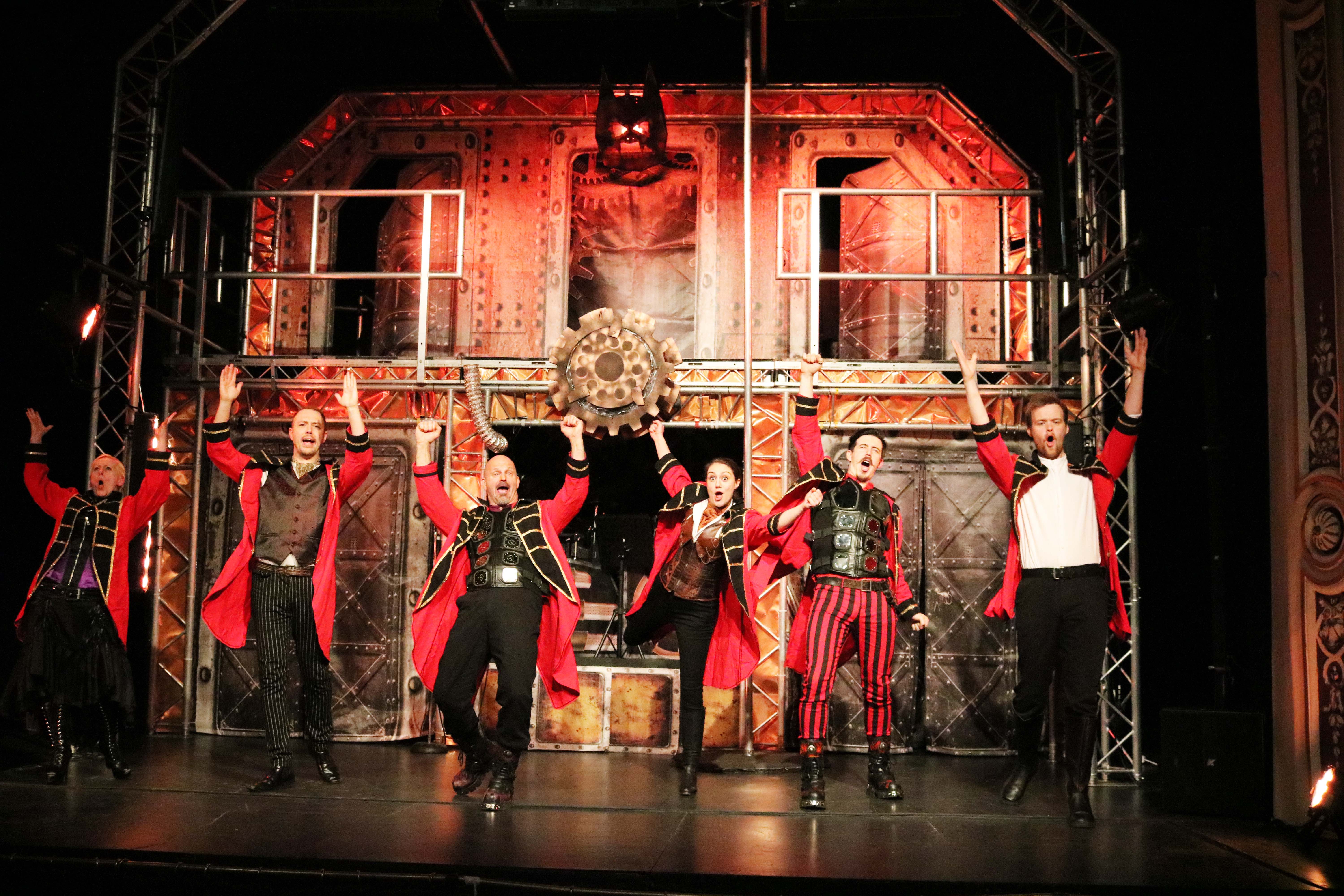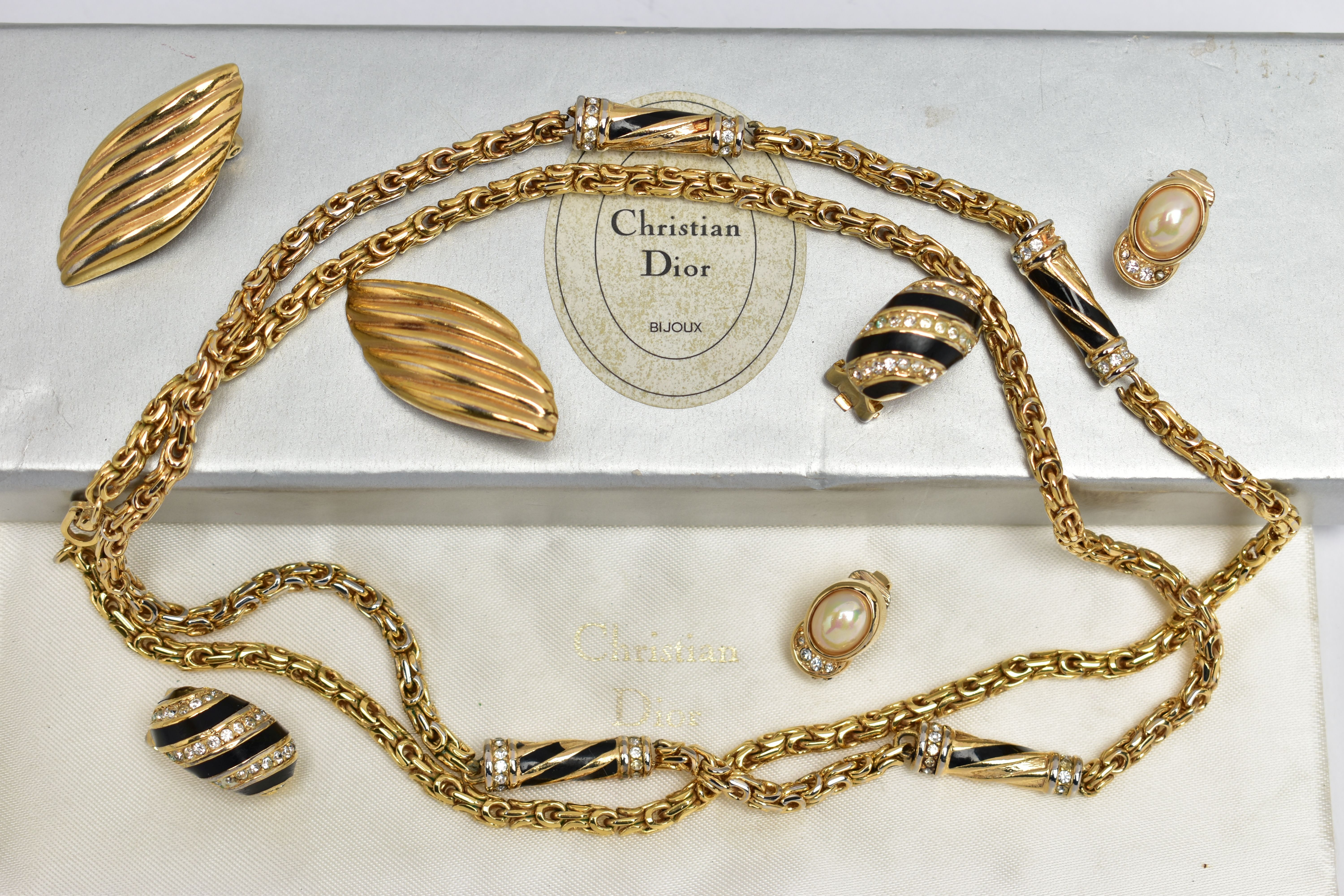As Agatha Christie’s record-breaking whodunnit The Mousetrap comes to the Lichfield Garrick as part of its 70th anniversary tour this month, Amy Norbury caught up with the celebrated author’s grandson, Mathew Prichard, and one of the play’s leading ladies, Gwyneth Strong, to discover more
On Mathew Prichard’s ninth birthday, he received a rather unique gift from his beloved grandmother. It wasn’t a toy, nor a game – but a play. The grandmother in question was none other than Agatha Christie, now the world’s bestselling author, and the play was enthralling murder mystery The Mousetrap, which is, some 70 years later, the world’s longest-running play.
Making its debut in 1952, The Mousetrap has been performed continuously in London’s West End ever since – bar a closure between March 2020 and May 2021 due to the Covid-19 pandemic – being staged more than 28,500 times and seen by more than 10 million people in London alone.
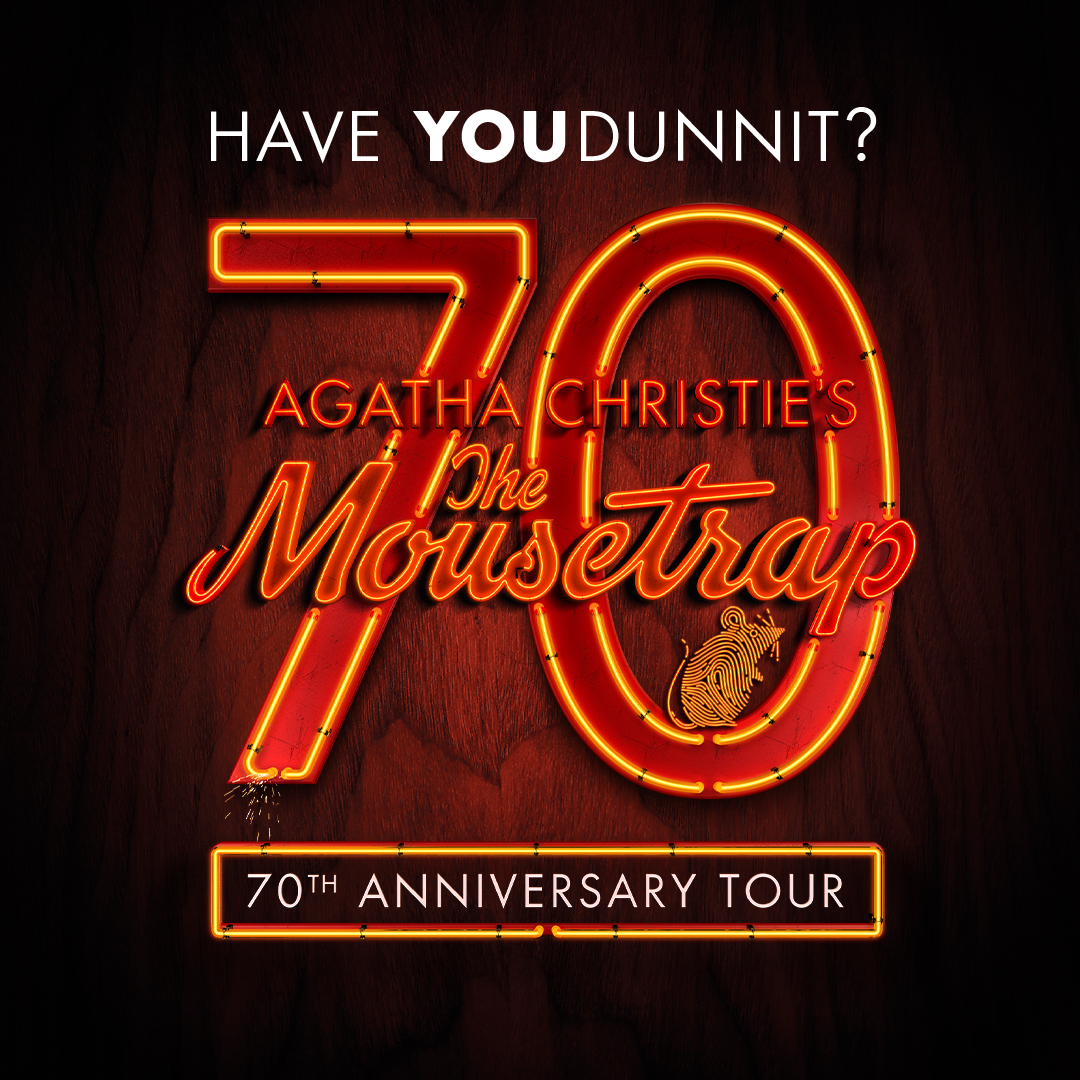
The Mousetrap is celebrating its 70th anniversary
The show’s 70th anniversary tour kicked off in September last year at the Theatre Royal Nottingham – the setting for The Mousetrap’s world premiere – and has since visited venues up and down the country. The iconic show comes to the Lichfield Garrick from March 27 to April 1. featuring a stellar touring cast including former Eastender Todd Carty, and Only Fools and Horses favourite Gwyneth Strong.
Mathew says: “It is by now well-known that she gave me The Mousetrap for my ninth birthday. I do not, I’m afraid, remember much about the actual presentation (if there was one) and probably nobody realised until much later what a marvellous present it was, but it is perhaps worth remembering that my grandmother had been through many times in her life when money was not plentiful. It was therefore incredibly generous of her to give away such a play to her grandson, as in 1952 her books were only approaching the enormous success they have now become.
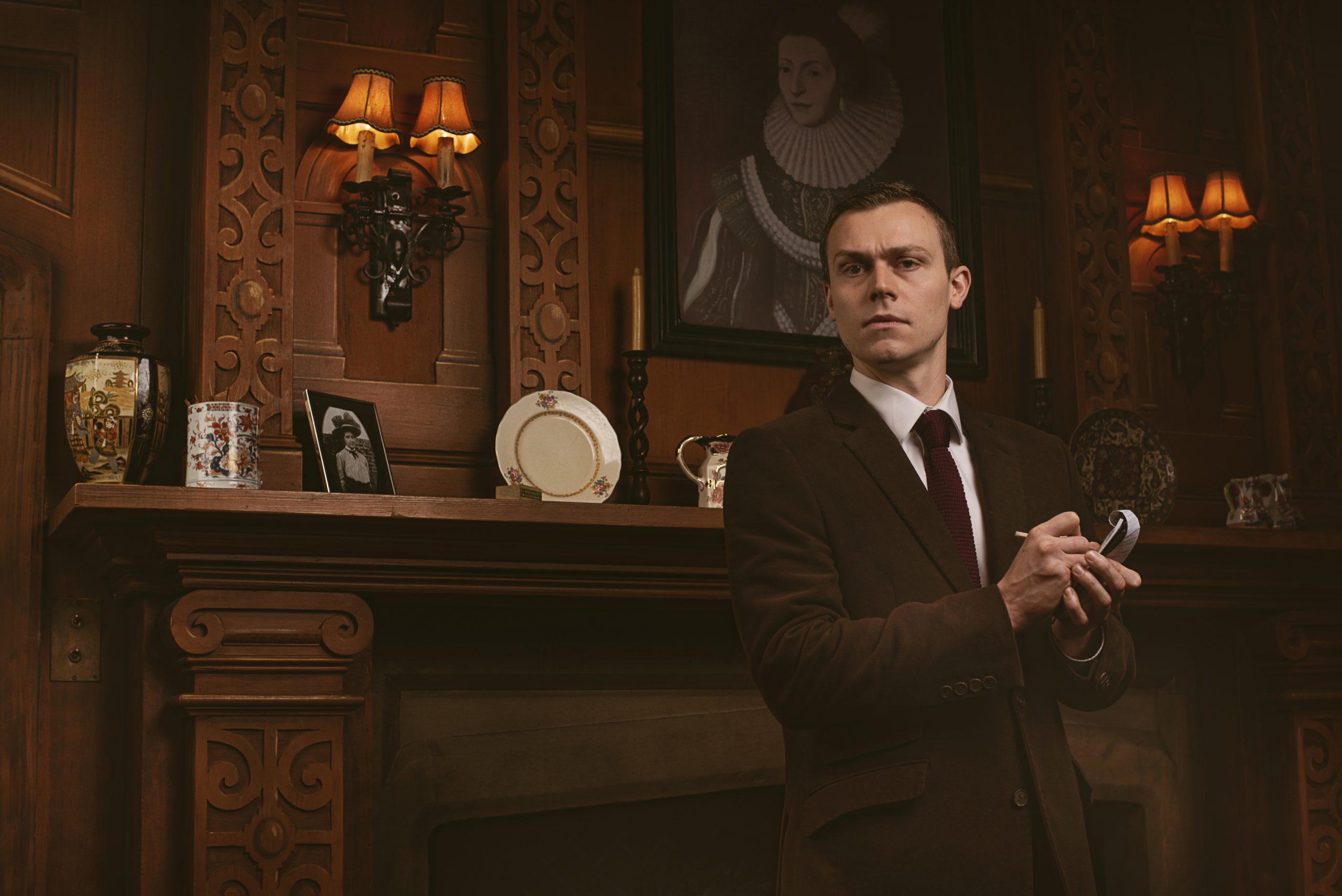
The Mousetrap cast: Joseph
“It is also a mistake to think of her generosity only in terms of money. She loved giving pleasure to others–good food, a holiday, a present, or a birthday ode. She loved enjoying herself, and also to see others around her enjoying themselves.
”As a novellist, Agatha Christie’s renown is unparalleled. But to Mathew, she was simply a grandmother.
“I suppose it took some time for it to sink in that I had a famous grandmother known to the world as Agatha Christie,” he says: “
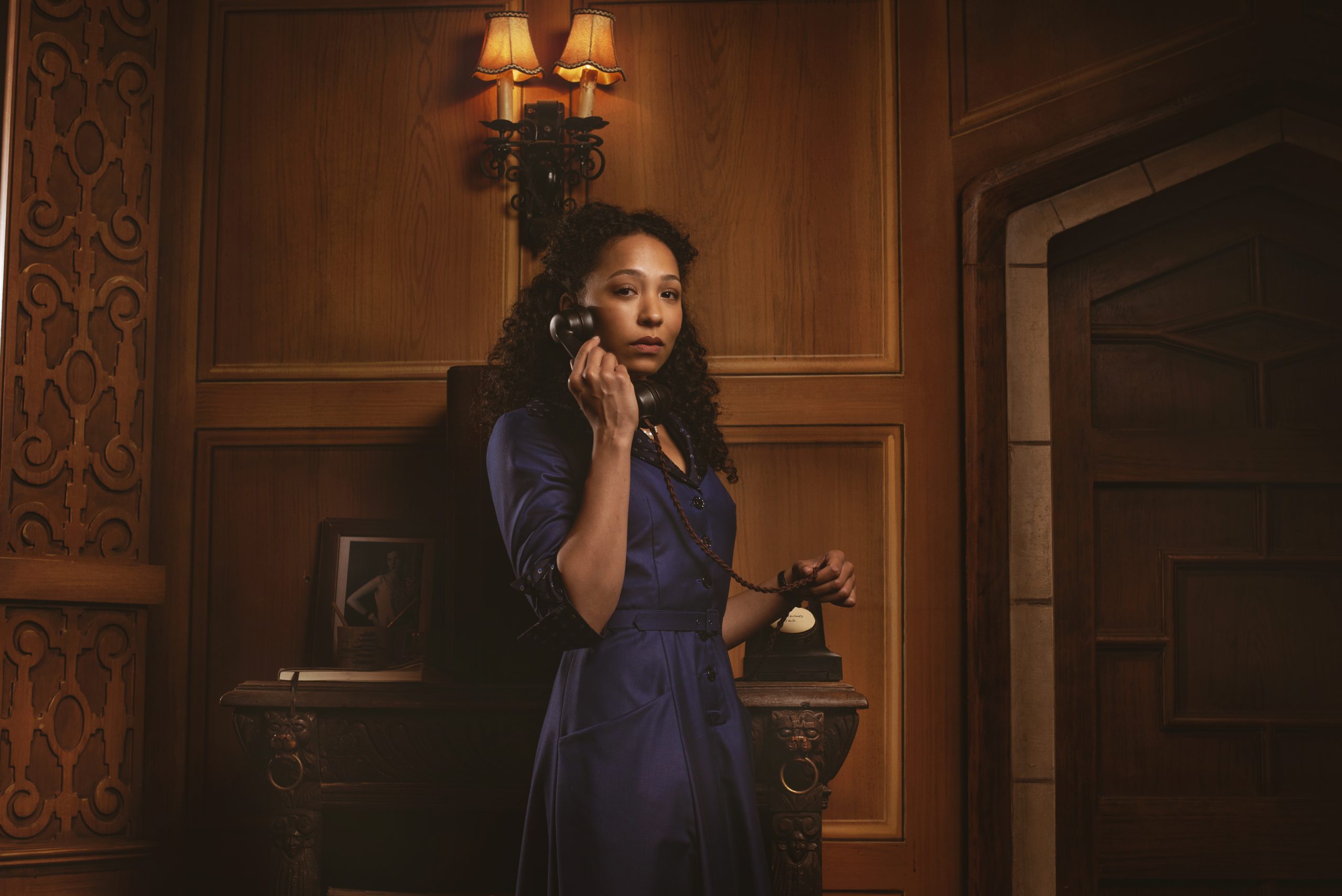
The Mousetrap cast: Joelle
“I first remember her during the years when I was at preparatory school and her house at Wallingford was nearby. We used to have enjoyable ‘exeats’ on Sundays and it was, I think, then that the first glimmers of truth came through.
“Very sensibly, the headmaster of my school insisted on initialling all books that came into the school. I came back from Wallingford clutching the latest Agatha Christie and wondering, quite genuinely, whether the Head could possibly find any reason for with holding the coveted signature. He never did! There was, however, one occasion when my book took a terribly long time to re-appear. Later I realised that the headmaster’s wife had taken the opportunity to read it!
“In such small ways, therefore, did I become aware that I had a talented grandmother. Not that it made a great deal of difference to me. She was just a marvellous grandmother and someone nice to have around.
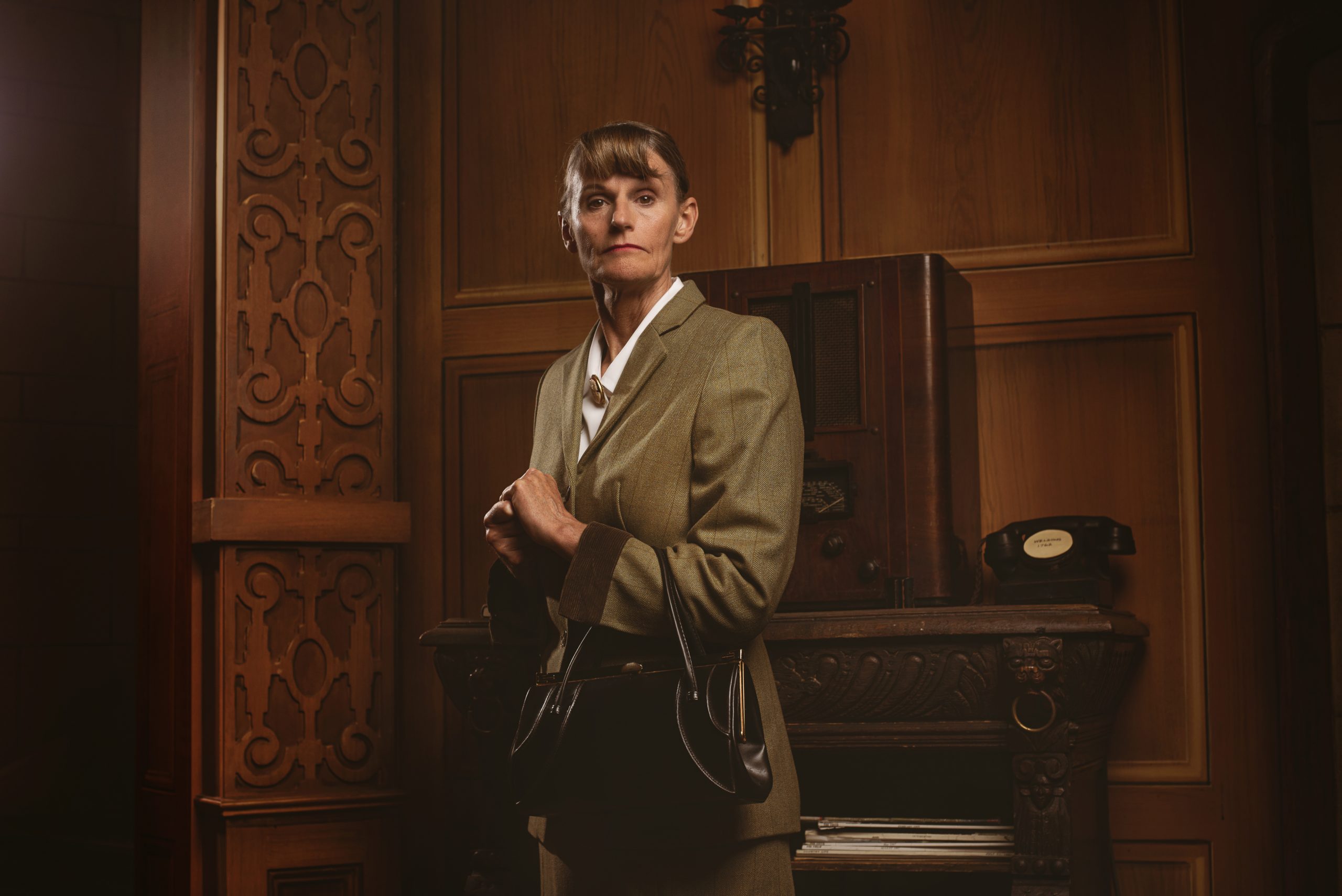
Gwyneth Strong plays Mrs Boyle in The Mousetrap
”Agatha Christie was a prolific writer, penning some 66 detective novels and 15 short story collections as part of a body of work which has, to date, sold more than two billion copies. And her family often got to be the first readers of her new tales.
Mathew says: “She could manage to write a book almost without one noticing and sometimes she used to read the new one to us in the summer down in Devonshire. She did so partly, I suspect, to test audience reaction, but partly to entertain us on the inevitable wet afternoons when, no doubt, I was rather difficult to amuse! We all tried to guess, and my mother was the only one who was ever right. I think most of my friends who met her during those years were quite astonished that such a mild, gentle grandmother could really be the authoress of all those stories of intrigue, murder and jealousy.”
Black Coffee was Agatha Christie’s first foray into writing for theatre, making its debut in 1930. But it was in the 1950s that her theatre works became more prolific. She became the first female playwright to have three plays running simultaneously in London: The Mousetrap, Witness for the Prosecution and Spider’s Web.
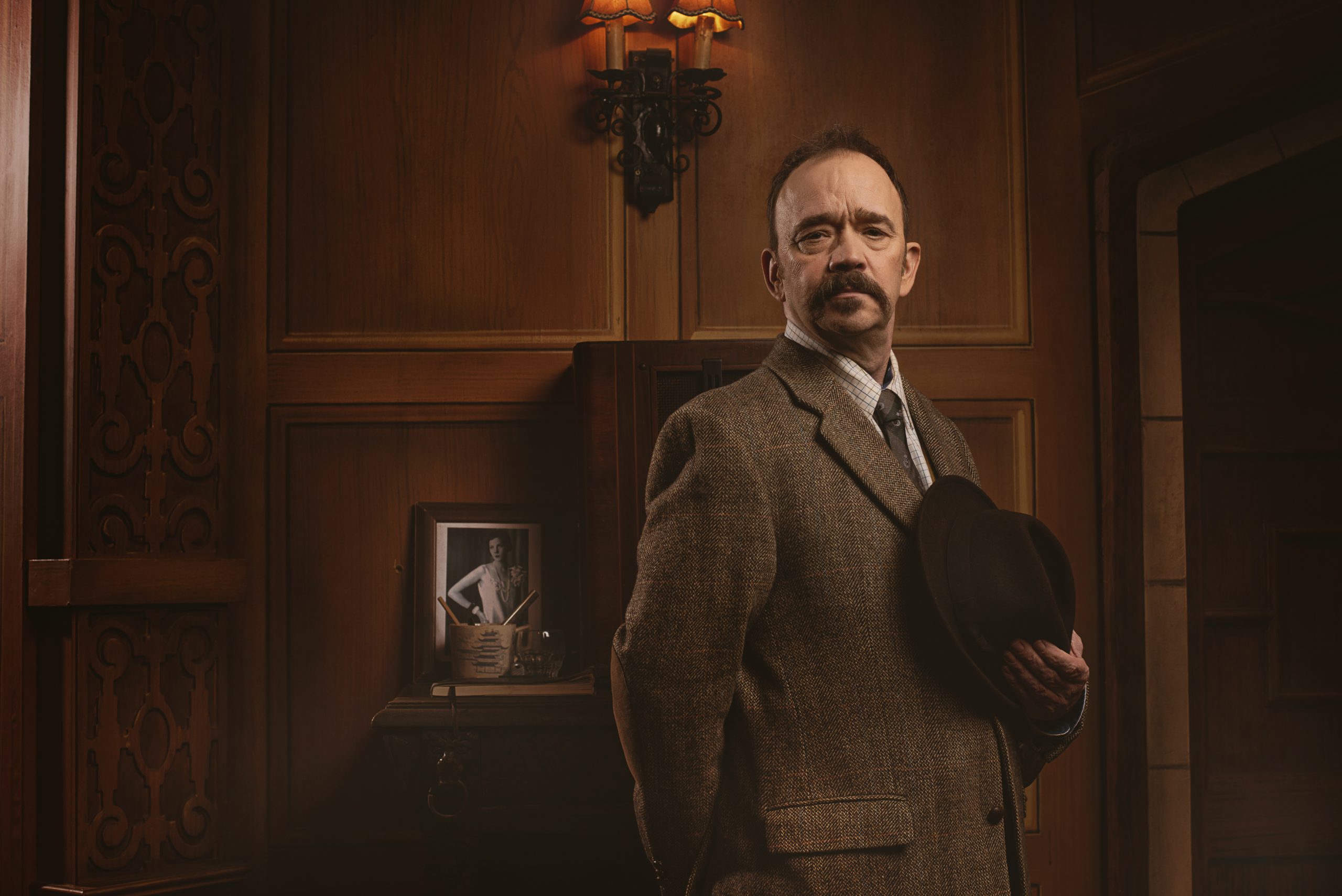
Former Eastender Todd Carty will be a familiar face to the audience
“I think she always had a love/fright relationship with the theatre. Although I am sure she found experience very wearing, she always enjoyed other people’s enthusiasm for her plays and found it infectious,” Mathew says.
“I went to The Mousetrap several times with her in varying company–family parties, girlfriends, and the Eton cricket team when I was captain in 1962. I would say we all enjoyed the play and my grandmother’s company in equal measure. But she was enthusiastic about other people’s plays as well, about archaeology, opera and perhaps above all about food! In short, she was an exciting person to be with because she always tried to look on the good side of things and people; she always found something to enthuse about.
“When I had the pleasure of taking my own children, aged 12 and 11, to The Mousetrap for the first time they enjoyed it tremendously, and crossed off assiduously in their programmes those whom they thought couldn’t have done it (the real culprit was excluded at an early stage!). It was a great evening for me, and would have been, I am sure, for my grandmother had she been there. I think it tells us something about the success of the play, too: it contains so much for everybody – humour, drama, suspense and a jigsaw puzzle–suitable for all ages and taste; regrettably not too many plays on the London scene can say the same, and I sometimes feel that actors and actresses, anxious like everybody else for employment, must wish that there were more plays with universal appeal like this.”
Such was Christie’s impact on the theatre scene that, in 1976 when her death was announced, from natural causes at the age of 85, two West End theatres–the St. Martin’s, where The Mousetrap was playing, and the Savoy, which was home to a revival of Murder at the Vicarage–dimmed their outside lights in her honour.
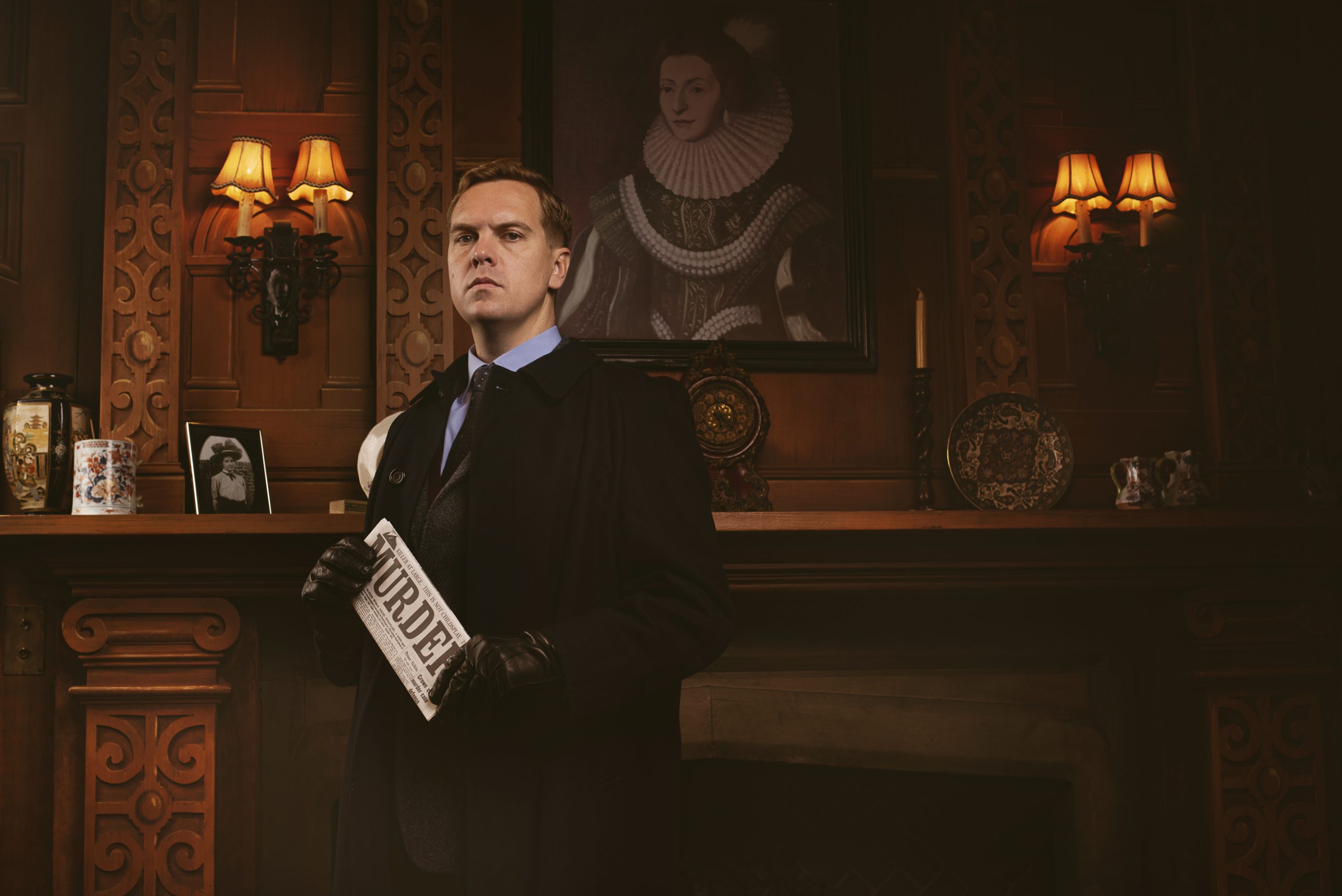
The thrilling ‘whodunnit’ has wowed audiences for seven decades
Mathew says: “My family received hundreds of letters from all different walks of life and every part of the world, and I have never seen such a uniform expression of devotion and admiration. No doubt that was because she was a kind, generous and devout person, and always preferred to believe the best of people. She never had an unkind word to say about anybody.
“We were all left with many happy memories and, of course, all her books and plays, which I am sure will be enjoyed for many generations to come.”

